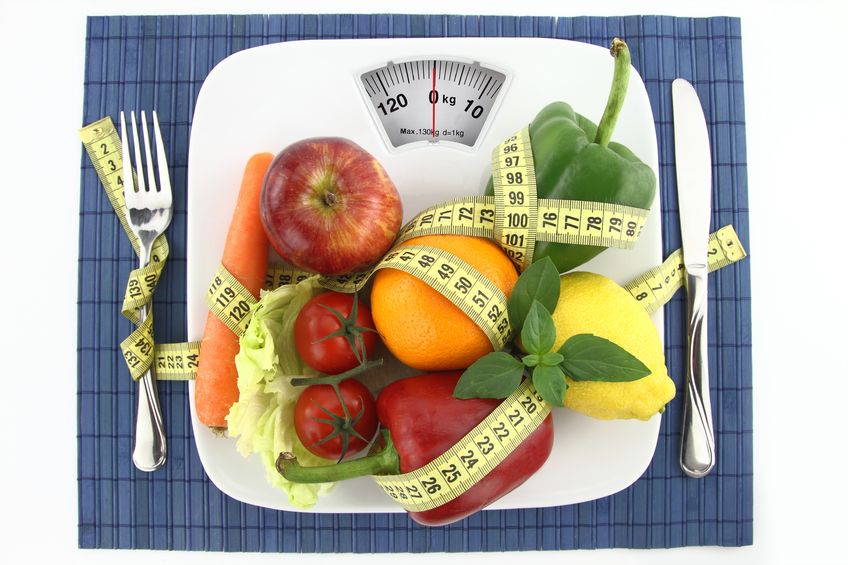The wonderful thing about celebrating a New Year is that it gives us the opportunity to reflect on our wins and loses and be purposeful about what we want to do differently in the coming year. I love the feeling of having a blank slate. According to the Statistic Brain Institute, the top New Year’s Resolution was to “lose weight.” Another popular resolution was to “stay fit and healthy” coming in at number five.
I’m sure we’ve all experienced the sudden influx of people in the gym that slowly begins to dwindle by February and continues to fall throughout the year. It’s not that these people don’t want to see lasting results. Why then, does it seem nearly impossible to stay committed?
A New York Times article reported that most fail because they’ll eventually run out of willpower, which social scientists no longer regard as simply a metaphor.
They’ve recently reported that willpower is a real form of mental energy, powered by glucose in the bloodstream, which is used up as you exert self-control.
According to Roy F. Baumeister, a social psychologist at Florida State University, this “falling off the bandwagon” is a result of “ego depletion.” Essentially, they exercise their willpower to the point of exhaustion. A study published in the Journal of Personality and Social Psychology, tracked people’s reactions to temptations throughout the day. This revealed that those with most success in practicing self-control were those who used their willpower less often. They were proactive and made a point to avoid/minimize tempting situations rather than be exposed to situations that would make it easy to slip back into old habits.
“Instead of fending off one urge after another, these people set up their lives to minimize temptations. They play offense, not defense, using their willpower in advance so that they avoid crises, conserve their energy and outsource as much self-control as they can.”
How could you practice this in real life? Rather than constantly going into the break room at work to grab a snack from the array of chips, cookies, candies, etc that everyone else brings keep your desk stocked with healthy options like nuts and a little dried fruit or apples and individual almond butter packets.
The study found that cutting back too much on intake to lose weight led to resolution failure. They reported that the more you starve your body, the less glucose there will be in your bloodstream, and that means less willpower. Because of this vicious cycle, even people with great self-control in the rest of their lives can have a terrible time remaining slim. This is why the term “yo-yo dieting” is such a common term. Give your body the healthy fuel it needs!
How does Willpower pertain to Mindful Eating?
It’s essential to set yourself up for success and be prepared with healthy options. This brings us to the question “What do I eat?” Do you follow a routine? Maybe every single morning you have oatmeal because that’s just what you’ve always done or every night you have a piece of dark chocolate. Do you eat what you truly crave or do you eat whatever is around? Have you heard that saying “if you plan to fail, you fail to plan?” This couldn’t be truer.
Make this year different. Play offense. Start by tackling your kitchen! This is one of the biggest sources of temptation. Throw out chips, cookies, donuts…anything with ingredients you cannot pronounce. Replace the “empty calories” with nutrient-dense foods. Think nuts, hummus and veggies, berries, apples, lean deli meats, avocado, nitrite-free jerky, string cheese, plain greek yogurt, cottage cheese, and tuna. If you chose foods that are high in protein when you’re hungry, they’ll satisfy your cravings and you won’t find the need to reach for other snacks.
It is possible to change your food preferences.
Once your body learns to crave foods that truly satisfy you might find that you truly don’t want the candy bar mid-afternoon or the bag of potato chips. If you don’t want it – don’t eat it just because you usually have the chips with your co-workers.
- Take this week to set yourself up for success.
- Be proactive and have healthy foods around.
- Plan out your meals for the week and/or take one day to prep so that you’re less tempted by the vending machine or drive through.
- As you fuel your body with healthy foods, pay attention to your overall satisfaction level.
- Continue journaling so that you can see what works for you and what doesn’t.
- Remember, this is a process.
Resources:
http://amihungry.com/what-is-mindful-eating/
http://www.statisticbrain.com/new-years-resolution-statistics/












